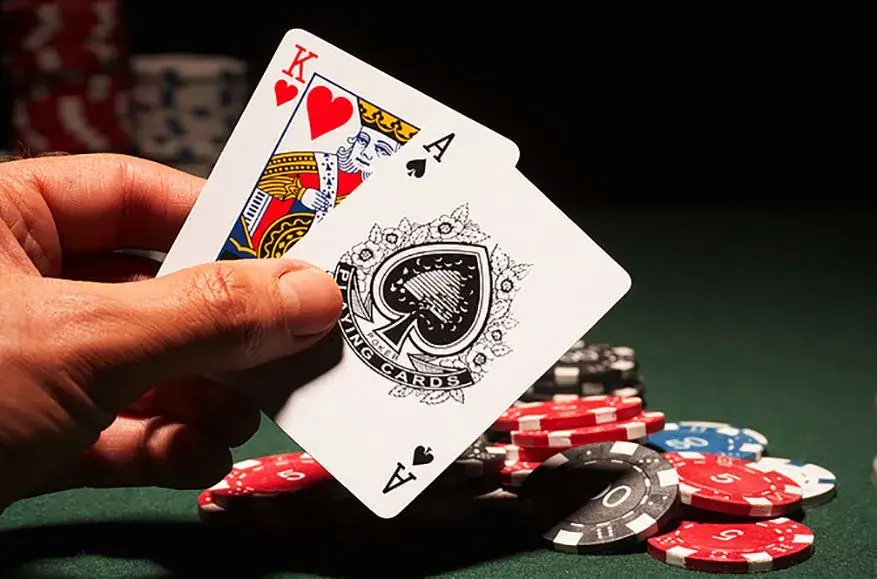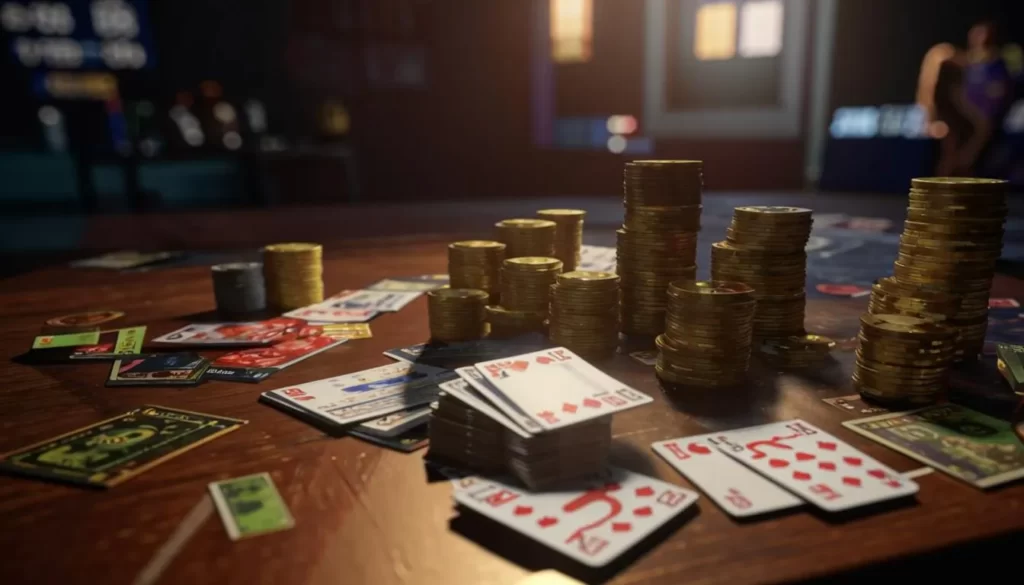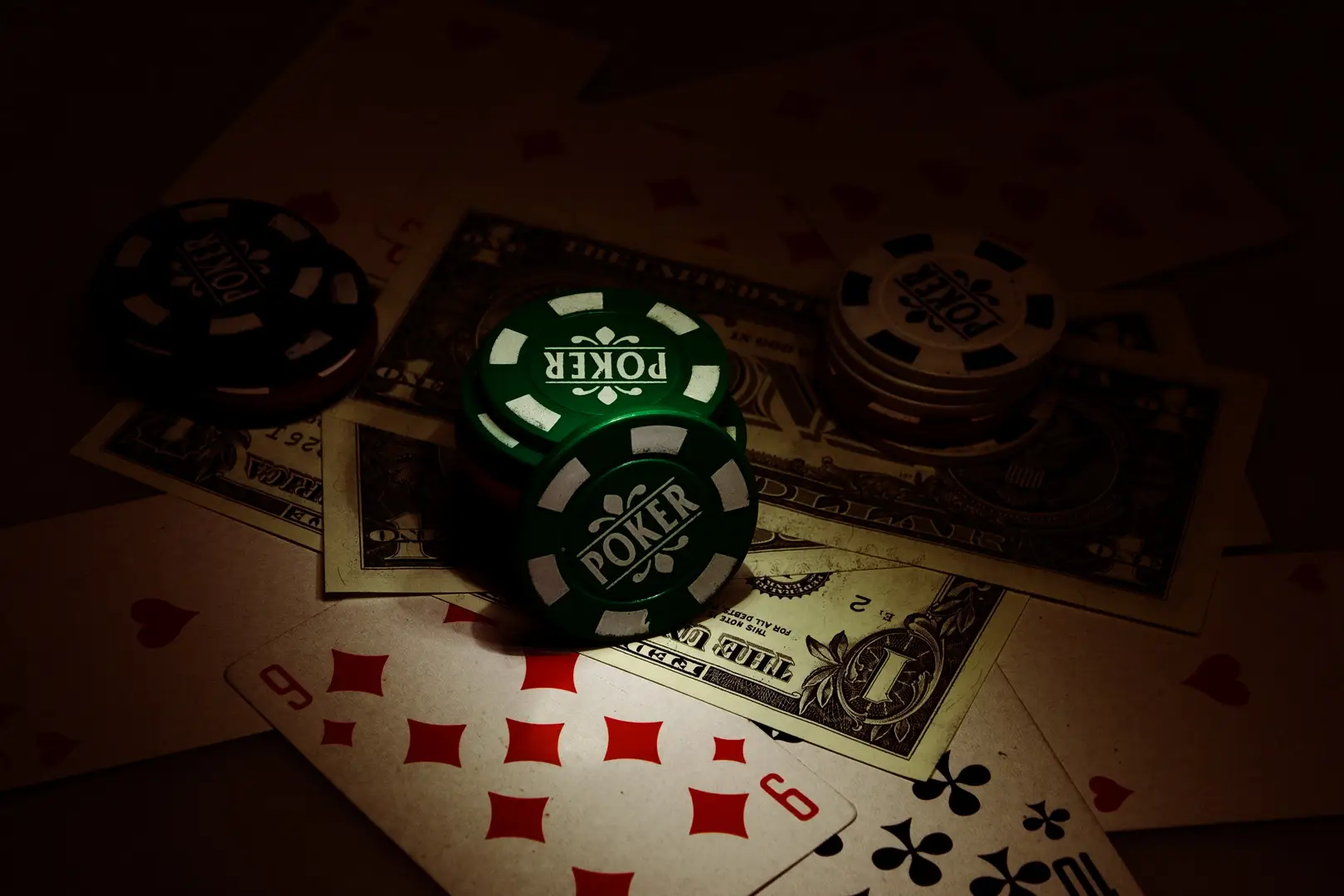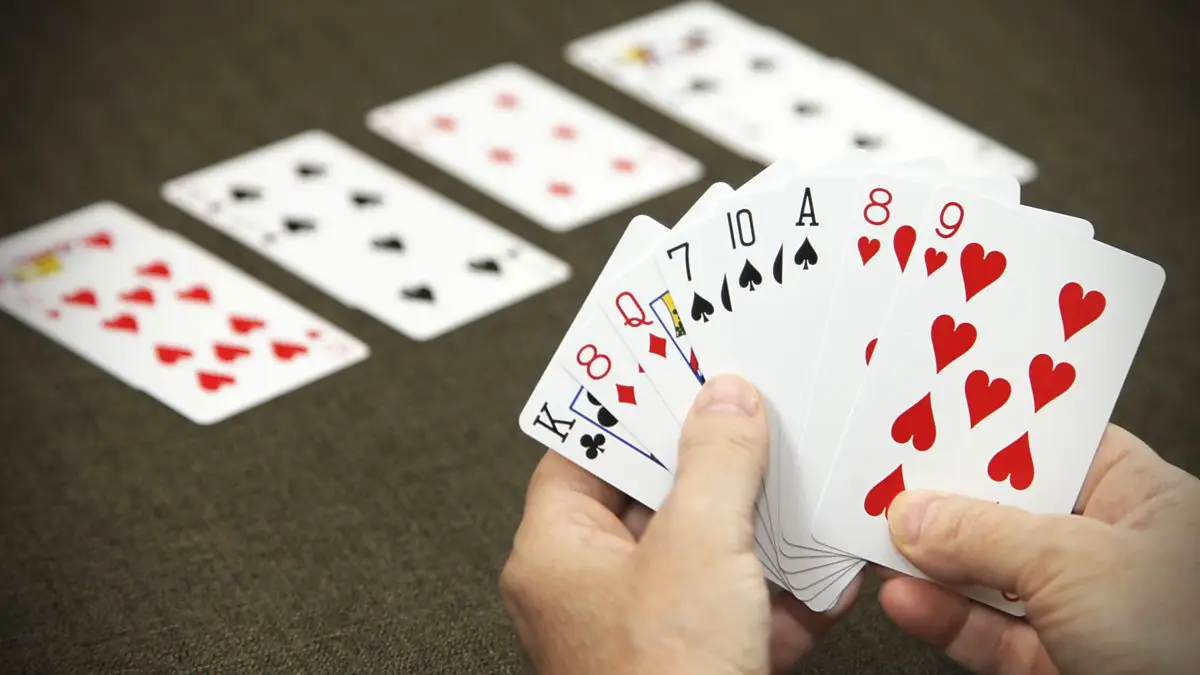Card games have long ceased to be just a way to spend time. Some of them have turned into real sports disciplines that require serious skills, strategy and even psychological preparation. Poker, bridge, mahjong and others today interest the minds of millions and are recognized as sports at the level of international competitions. In the world of cards, there is a place not only for luck, but also for methodology, analytics and competition – this is what distinguishes it from the world of simple entertainment.
Poker: an intellectual duel over cards
A card game in which participants strive to collect the best combination of five cards or force opponents to discard their cards. A battle of wits takes place at the table, in which victory depends not on chance, but on skill. Poker championships gather thousands of participants and millions of spectators, turning the game into a world-class spectacle. Here it is important not only to know the rules, but also to be able to analyze opponents, predict their moves and control your emotions. It is not for nothing that poker is often compared to chess – the winner is the one who thinks several steps ahead. Strategy, psychology, knowledge of probabilities turn it into a full-fledged sport, and not just a gambling game.

Psychology of the game of poker
The psychological component of poker plays a key role. The ability to analyze the behavior of opponents, read their emotions and bluff is a real science. Another skill of the player is to competently manage his own behavior at the table.
Strategy and tactics of the winner
For success, deep knowledge of probabilities and prudence are necessary. The ability to build strategies, assess risks and place bets in a timely manner – this is what distinguishes professional players from the crowd of amateurs.
Bridge: team spirit and skill
 An old card game in which four players are divided into two teams and compete against each other, using strategy and communication to achieve the best result. It is not only individual mastery that is important here, but also a deep understanding between partners. It is the team aspect that makes bridge unique among other card games. International bridge tournaments bring together the best players from all over the world, and the game itself is included in the program of many sports federations.
An old card game in which four players are divided into two teams and compete against each other, using strategy and communication to achieve the best result. It is not only individual mastery that is important here, but also a deep understanding between partners. It is the team aspect that makes bridge unique among other card games. International bridge tournaments bring together the best players from all over the world, and the game itself is included in the program of many sports federations.
Strategy and calculation in bridge play the same important role as in chess, and working together with a partner adds an extra level of complexity and excitement. Each move requires precision and understanding, and mistakes can be very costly.
Team synergy: how to become an invincible duo
Success directly depends on the ability to cooperate. Each decision is made taking into account the actions of the partner. Mutual support and trust are the basis for a successful game.
Useful tips for beginners:
- Master the basic rules and combinations to feel confident at the table.
- Practice teamwork: learn to anticipate the actions of a team member.
- Maintain concentration throughout the game, every move is important.
Mahjong: from family get-togethers to the sports arena
A board game in which players try to collect certain combinations of tiles faster than their opponents. Originally conceived as a family game, mahjong has now become a full-fledged sports discipline. Its popularity has spread throughout the world, and now mahjong plays an important role in the lives of millions of people. The peculiarity of the card game is its social aspect, because it is important not only to be able to quickly put together combinations, but also to be able to read the intentions of other players.
Mahjong has become a symbol of social interaction, and its tournaments attract fans no less passionate than chess. Each game of mahjong is a real test of concentration, patience and skill.
The art of combinations and tactics
In the game, it is important to quickly analyze the situation and build your combinations depending on the tiles that have fallen. Here you need to be attentive and not miss a single opportunity to achieve victory.
Mahjong tournaments often become a meeting place for old friends and acquaintances, where every move is accompanied by smiles and discussions. The game helps to establish connections between people, which is what makes it unique.
Kyogi-karuta: an ancient tradition in a modern sport
A traditional Japanese card game in which players must quickly find and capture cards with corresponding poems while listening to the reading of poems. It is distinguished by a unique combination of speed, memory and dexterity. Karuta requires players to know hundreds of poems, react instantly and be able to concentrate under pressure.
Kyogi-karuta tournaments are held in Japan with no less excitement than competitions in other sports, and attract thousands of participants every year. The historical and cultural significance of karuta goes beyond the ordinary game, turning it into a real art, where not only physical training is important, but also a deep knowledge of traditions.
Preparing for Karuta Tournaments
Preparation requires serious training of memory and concentration skills. Players learn hundreds of poems and train themselves to instantly recognize cards, making this game one of the most difficult to prepare for.
Karuta is inextricably linked with Japanese culture. Each poem used in the game has a deep meaning and historical significance, making participation in a tournament not only a sporting event, but also a cultural event.

Conclusion
 Poker, bridge, mahjong, kyogi-karuta – they all represent different facets of card games, each unique in its own way. They require attention, concentration and skill, which turns them into full-fledged sports disciplines. To try your hand at one of these games is to plunge into a world where every move matters and every game is a challenge not only to your opponent, but also to yourself.
Poker, bridge, mahjong, kyogi-karuta – they all represent different facets of card games, each unique in its own way. They require attention, concentration and skill, which turns them into full-fledged sports disciplines. To try your hand at one of these games is to plunge into a world where every move matters and every game is a challenge not only to your opponent, but also to yourself.
 en
en  ru
ru  de
de  ar
ar  es
es  nl
nl  hi
hi  fr
fr  it
it  pt
pt  el
el 












